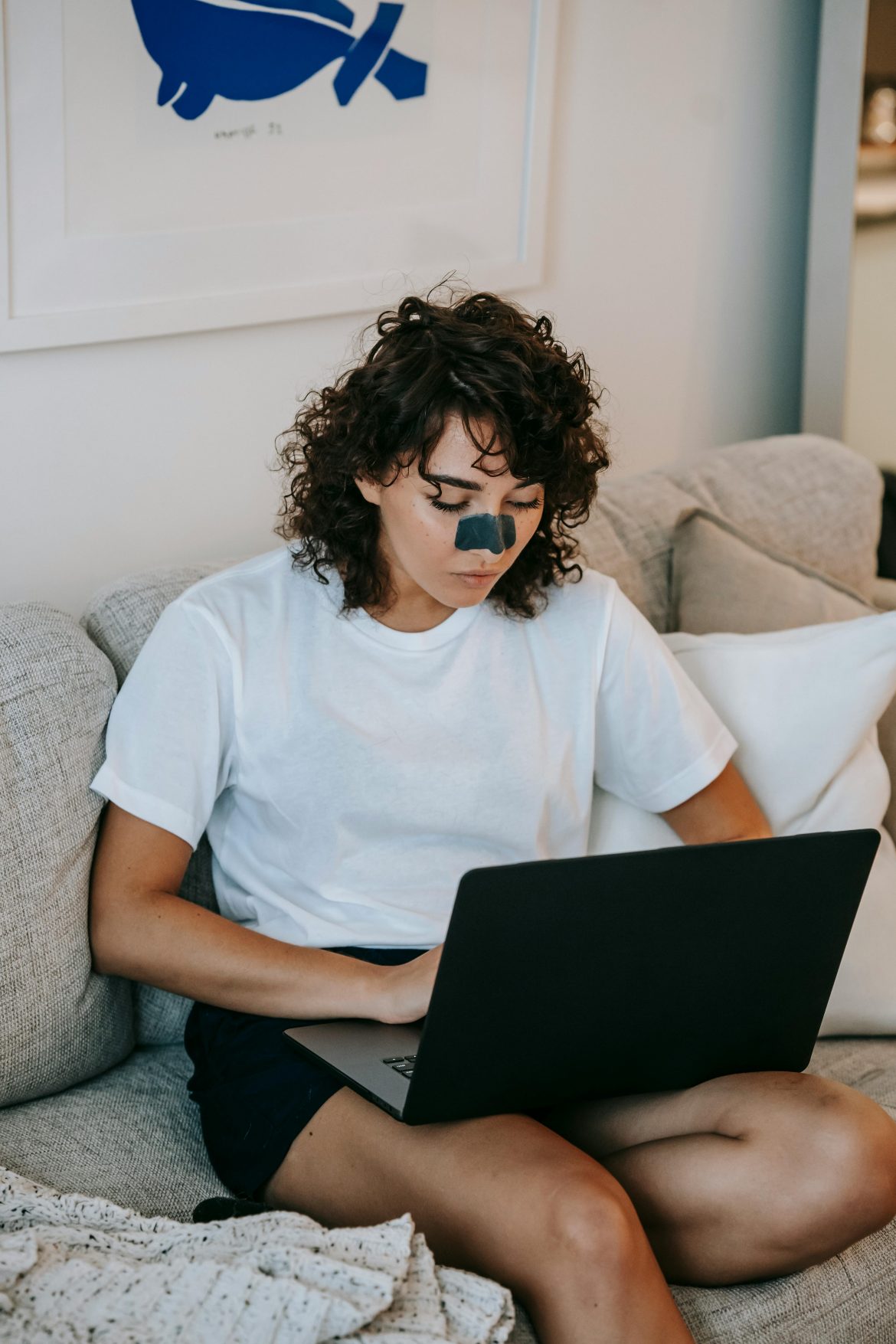Table of Contents
Self-care is more than just a trend; it’s a fundamental practice for maintaining overall well-being and achieving a balanced life. Creating a personalized self-care routine allows you to cater to your unique needs, preferences, and lifestyle, ensuring that you effectively manage stress, nurture your physical health, and support your mental and emotional well-being. Here’s how to develop a self-care plan that is tailored to you.

Understanding Self-Care
Self-care involves intentional activities and practices that promote physical, mental, and emotional health. It’s about recognizing your needs and prioritizing actions that enhance your overall quality of life. Self-care can take many forms, from physical activities to mental exercises, and should be adapted to fit your personal preferences and circumstances.
Steps to Create a Personalized Self-Care Plan
1. Assess Your Needs and Priorities
Begin by evaluating your current state of well-being and identifying areas where you need more support.
How to Assess Your Needs:
- Reflect on Your Well-Being: Consider aspects of your life such as physical health, mental clarity, emotional stability, and social connections. Identify areas where you feel fulfilled and those that may need improvement.
- Identify Stressors: Pinpoint sources of stress and how they impact your daily life. Understanding these stressors can help you tailor your self-care plan to address them effectively.
- Set Priorities: Determine which areas of self-care are most important to you based on your needs and lifestyle. This might include improving sleep, managing stress, or enhancing physical fitness.
2. Define Your Self-Care Goals
Set clear and achievable goals for your self-care routine. These goals should be specific, measurable, and realistic.
How to Define Your Goals:
- Be Specific: Outline what you want to achieve with your self-care routine. For example, “I want to reduce stress by practicing mindfulness daily” or “I aim to improve my physical health by exercising three times a week.”
- Create a Plan: Develop actionable steps to achieve your goals. This might involve scheduling specific activities, setting reminders, or tracking your progress.
- Review and Adjust: Regularly review your goals and adjust them as needed based on your progress and changing needs.

3. Develop a Self-Care Routine
Design a routine that incorporates activities and practices that support your physical, mental, and emotional well-being.
How to Develop Your Routine:
- Physical Self-Care: Include activities that promote physical health, such as exercise, proper nutrition, and adequate sleep. Consider incorporating activities like yoga, walking, or strength training into your routine.
- Mental Self-Care: Engage in practices that stimulate your mind and reduce stress. This can include activities such as reading, puzzles, learning new skills, or pursuing hobbies.
- Emotional Self-Care: Nurture your emotional well-being by connecting with loved ones, practicing self-compassion, and engaging in activities that bring you joy and fulfillment.
- Social Self-Care: Maintain meaningful relationships and social connections. Schedule regular social interactions, whether it’s meeting with friends, joining a club, or participating in community events.
4. Incorporate Mindfulness and Relaxation Techniques
Mindfulness and relaxation techniques can help manage stress and promote overall well-being.
How to Incorporate These Techniques:
- Mindfulness Practices: Practice mindfulness through meditation, deep breathing exercises, or mindful walking. These practices help you stay present and reduce stress.
- Relaxation Techniques: Include relaxation techniques such as progressive muscle relaxation, guided imagery, or aromatherapy to help unwind and de-stress.
5. Create a Self-Care Schedule
A structured schedule helps ensure that you regularly engage in self-care activities and maintain consistency.
How to Create Your Schedule:
- Daily Activities: Schedule daily self-care activities, such as morning stretching, evening relaxation, or a daily gratitude practice. Consistency is key to making self-care a habit.
- Weekly Activities: Plan weekly self-care activities, such as exercise classes, social gatherings, or personal projects. Make time for activities that bring you joy and relaxation.
- Monthly or Quarterly Check-Ins: Set aside time each month or quarter to assess your self-care routine, review your goals, and make any necessary adjustments.

6. Make Self-Care Enjoyable and Sustainable
For a self-care routine to be effective, it should be enjoyable and sustainable.
How to Make It Enjoyable:
- Choose Activities You Love: Incorporate activities that you genuinely enjoy and look forward to. This makes self-care more engaging and less of a chore.
- Personalize Your Routine: Tailor your routine to fit your preferences and lifestyle. Experiment with different activities to find what works best for you.
- Celebrate Progress: Acknowledge and celebrate your achievements and improvements. Recognize the positive impact of your self-care efforts on your well-being.
Overcoming Barriers to Self-Care
Implementing a self-care routine can be challenging, especially with a busy lifestyle. Here are some tips for overcoming common barriers:
- Time Constraints: Schedule self-care activities like you would any other appointment. Set aside dedicated time for self-care and prioritize it in your daily routine.
- Lack of Motivation: Find ways to make self-care enjoyable and rewarding. Enlist a friend or family member to join you in your activities or use rewards to motivate yourself.
- Financial Constraints: Self-care doesn’t have to be expensive. Opt for cost-effective activities such as home workouts, free online resources, or nature walks.
Conclusion
Creating a personalized self-care routine is a vital step toward achieving holistic well-being. By assessing your needs, defining your goals, developing a balanced routine, incorporating mindfulness and relaxation techniques, and making self-care enjoyable, you can foster a healthier and more fulfilling life. Remember that self-care is an ongoing practice that evolves with your needs and circumstances. Prioritize yourself and make self-care a regular part of your life to enhance your overall well-being and happiness.


